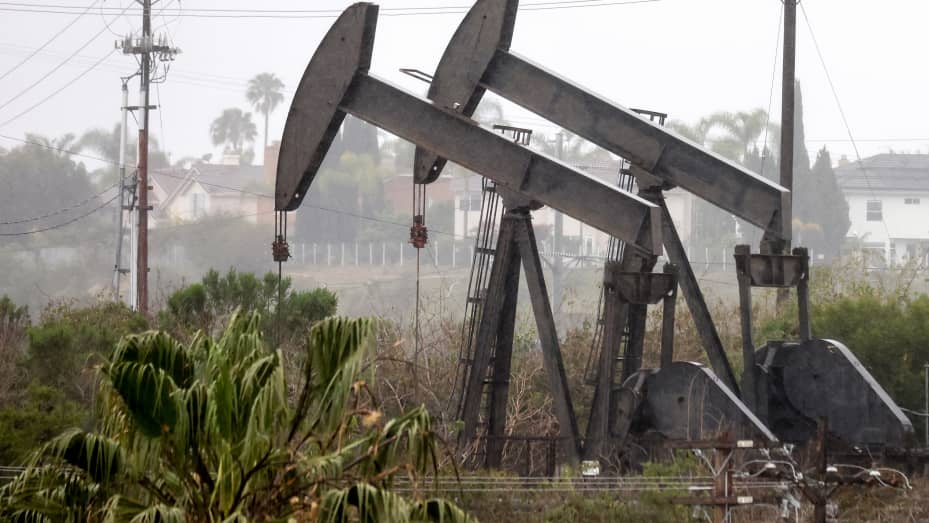On Friday, Oil prices fell 2% in thin market liquidity amid concerns over Chinese demand and a Western debate over a cap on Russian oil prices. Brent crude futures settled down $1.71, or 2%, at $83.63 a barrel, giving up some of their earlier gains.
US West Texas Intermediate (WTI) crude futures fell $1.66, or 2.1%, to $76.28 a barrel. Trading volumes remained low due to the US Thanksgiving holiday, with no WTI settlement on Thursday.
Both contracts fell for a third straight week after hitting 10-month lows. Brent crude fell 4.6% for the week, while WTI lost 4.7%.
The market structure of Brent and WTI suggests that current demand is softening, with backwardation (defined as front-month prices being higher than later-delivery contracts) weakening notably in recent sessions.
For the two-month spread, the structure of Brent and WTI has even moved into contango this week, meaning that contracts for near-term delivery are cheaper than those for forward delivery, implying excess supply.
China, the world’s largest oil importer, reported a new daily record for COVID-19 infections on Friday, as cities across the country continued to implement mobility and other containment measures to contain the outbreak.
According to an ANZ report, this is starting to affect fuel demand, with traffic falling and implied oil demand about 1 million barrels per day lower than average.
Meanwhile, G7 and EU diplomats have been discussing capping Russian oil prices between $65 and $70 a barrel, but no agreement has been reached. EU diplomats said a meeting of EU government representatives scheduled to discuss the proposal later on Friday had been cancelled.
It aims to limit revenues to finance Russia’s military operation in Ukraine without disrupting global oil markets, but the proposed levels are essentially already paid for by Asian buyers.
Poland is seeking German support to impose EU sanctions on the Polish-German section of the Druzhba crude pipeline so that Warsaw can walk away from a deal to buy Russian oil next year without paying a fine, two people familiar with the negotiations said.
Trading is expected to remain cautious ahead of the price cap deal, which will take effect on December 5, when the EU begins imposing a ban on Russian crude and OPEC and allies on December 4.





